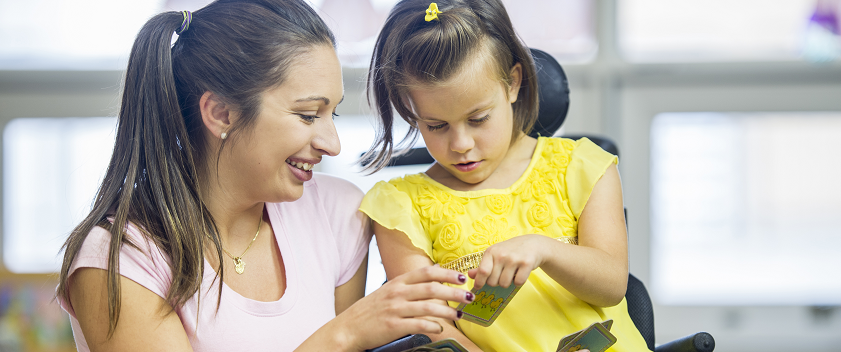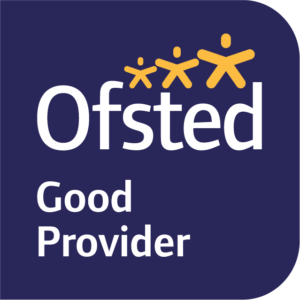What is Home from Home care?
Being part of Home from Home involves caring for someone else’s child with a disability. This could be for:
- A few hours a week during the day or an evening on a regular basis
- A day a week in the school holidays
Home from Home care is a way of giving parents a break from caring for their child, but the children also benefit just as much as their families.
Home from Home offers great opportunities for children to experience new activities, and to interact and form relationships with carers and their families.
Why do children need Home from Home carers?
It is often thought that shared care is simply a way of giving parents a break from caring for their child, but the children can benefit from short breaks just as much as their families.
Most of our children using the scheme attend special schools, and may not always have the opportunity to develop friendships with other children in their neighbourhood.
Home from Home offers great opportunities for children to experience new activities, and to interact and form relationships with their carers.
For the child’s parents, Home from Home gives them the opportunity to spend time with their other children or to simply recharge their batteries.
Why become a Home from Home carer?
Home from Home carers come from a wide range of backgrounds, but the starting point for almost all of them is the realisation that they could make a difference.
Taking care of a child with a disability can be demanding at times, but can also be one of the most rewarding challenges of life.
By becoming a Home from Home carer we hope you will gain a real satisfaction and have fun whilst looking after someone else’s child.
Could you be a Home from Home carer?
There are a diverse range of children with disabilities in Slough that need the type of help that you may be able to offer them.
You do not need to have had previous experience of children with disabilities to become a Home from Home carer, although some experience with children would be beneficial.
Above all, carers must be able to provide a secure and caring environment, be willing to attend training and have a stable lifestyle.
Patience, energy and sense of fun always help.
Financial support
As a Home from Home carer you are classed as a volunteer but you will receive a small expenses payment each time you spend time with the child you are introduced to.
You will need to submit a claim form on a monthly basis. This payment is expected to cover the cost of your meals and entertainment as well as a small contribution towards the running costs of your home.
Your child’s expenses need to be negotiated with their parents.
You can also claim mileage for collecting and returning a child to and from their home, should you be requested to do so.
We will lend you some equipment to enable you to provide a safe environment to care for any children from the scheme e.g. stair gate, car seat.
Our Home from Home booklet
We have put together a Home from Home booklet to help answer any questions you may have about Home from Home care. Please have a read by clicking here.
How to contact us
Observatory House
25 Windsor Road
Slough
Berkshire
SL1 2EL
Tel: 01753 690690
Email: foster@sloughchildrenfirst.co.uk

